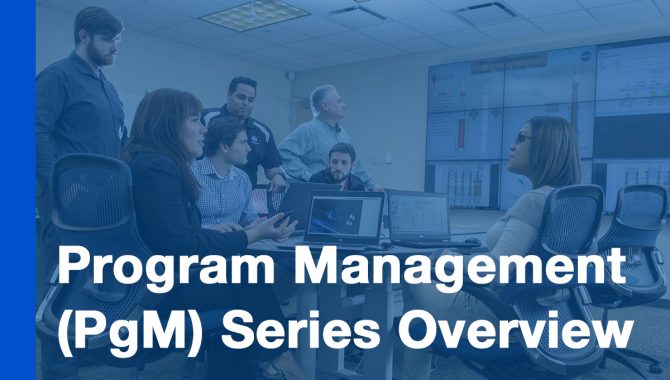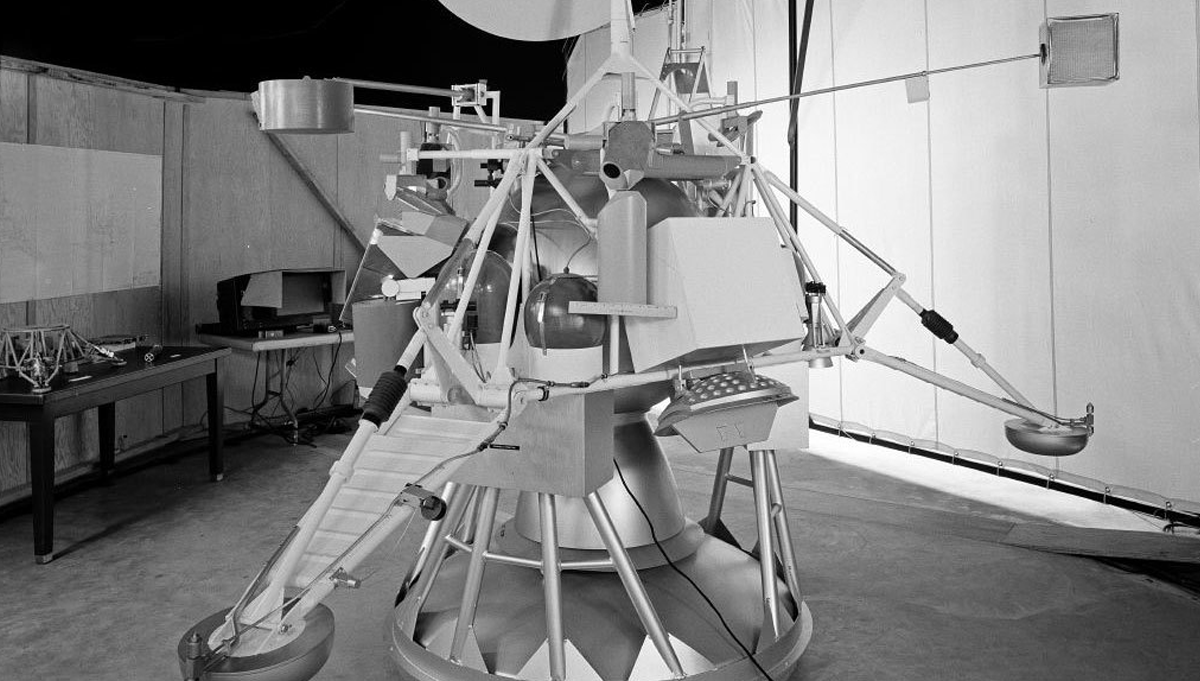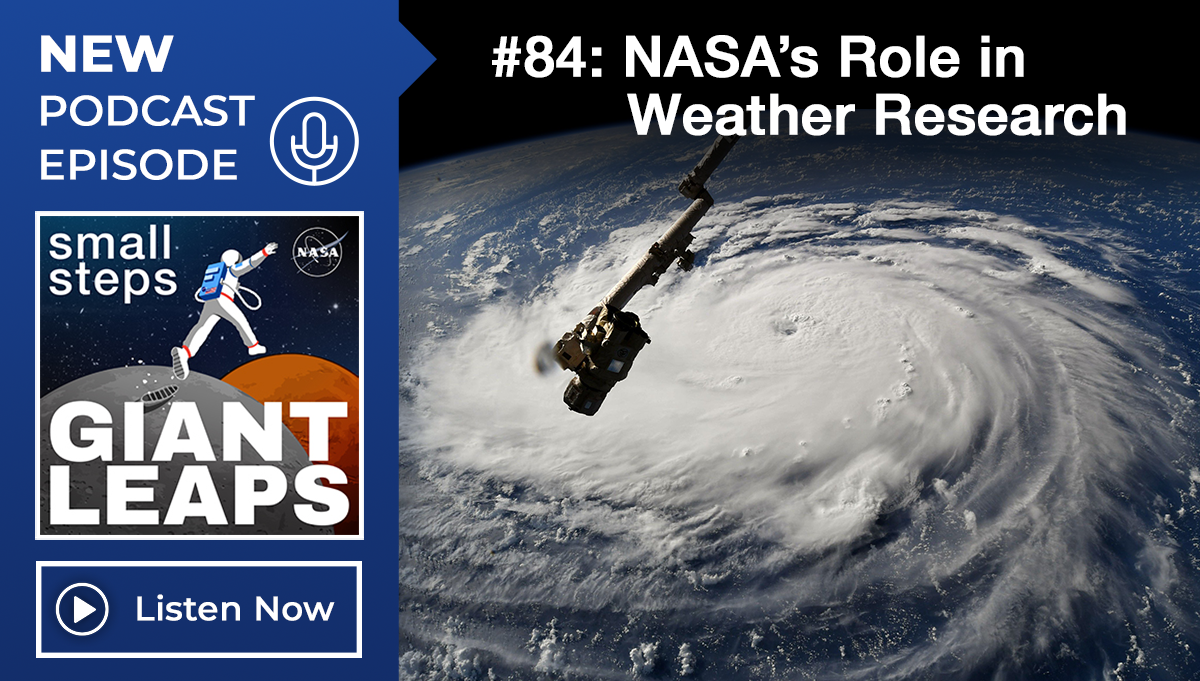
PgM Series features facilitated seminars on program management.
NASA’s program managers are working on a portfolio of current and future projects that is broad and ambitious. It includes establishing a long-term human presence at the Moon, searching for evidence of past life on Mars, bringing the first Martian soil and rock samples to Earth, reducing sonic booms to make supersonic travel over land less disruptive, and detecting light from the first galaxies with the James Webb Space Telescope.
APPEL Knowledge Services (KS) has developed a unique learning opportunity for NASA’s senior technical workforce advancing these and many other programs and projects. The Program Management (PgM) Series is an advanced, peer-to-peer learning opportunity for experienced mid to senior level technical leaders, including program managers, chief engineers, senior project managers, and senior project systems engineers.
“On-the-job experience is essential for program and project managers,” said David Mitchell, NASA Chief Program Management Officer. “Forums like this give PMs a way to share those experiences and help to support improved PM collaboration across NASA. It also fosters critical training of the early career program and project managers through interactions with more seasoned practitioners.”
“Program and project managers can learn a lot from each other’s experience, and the Program Management Series offers short, curated and facilitated opportunities to share what’s worked and what hasn’t worked as well for various challenges,” said Tiffany Smith, NASA Chief Knowledge Officer and APPEL KS Director. “By grounding those conversations in a learning environment, we can support that reflection and help leaders to develop relationships with others who have similar concerns.”
The series comprises six two-hour sessions. They are non-sequential and focus on topics crucial to the success of NASA programs and projects: leadership, program politics, decision making, financial management, program governance, and management fundamentals.
APPEL KS developed the series in response to requests from members of NASA’s program management community, who wanted to learn more about these important subjects in sessions brief enough to fit into their busy schedules and flexible enough to include time to learn from and share with their NASA colleagues.
“To solve the challenges of increasingly complex projects and programs, it is critical to provide focused learning opportunities for mid to senior level PMs in which they can share their experiences, expertise, and valuable knowledge with their peers,” explained Steve Angelillo, APPEL KS Deputy Director. “These segments are stand-alone and non-sequential. At two hours, they fit more easily into a busy PM’s schedule, and allow NASA practitioners to learn important aspects of program management.”
Each segment functions as a virtual seminar discussion. Experienced facilitators create a shared learning environment that includes examples of participants’ real-world program challenges and lessons learned, with ample time for observations and feedback from peers. This provides a resource for talented, experienced PMs to share valuable information, experiences, and expertise in support of on-time and on-budget program and project delivery.
The PgM Series is next scheduled for July 12-14, 2022, with registration opening on June 1. Participants can register through SATERN for as many of the non-sequential sessions as they choose. The sessions are:
PgM 1 — NASA Management Fundamentals
This session identifies relevant program management guidance, explaining the differences between portfolio management, program management and project management. Participants will learn best practices in NASA program management, focusing on domain, selection, initiation, organization, delivery, and termination.
PgM 2 — Effective Program Governance
This session explains the key elements of an effective governance structure: well-defined processes, explicit roles, responsibilities, and authorities. It also describes best practices in NASA program governance.
PgM 3 —Financial Management for Program Managers
This session focuses on the NASA budget cycle, explaining how budgeting and earned value processes contribute to an integrated understanding of project status. Participants will learn how to identify NASA financial management experts they can approach for advice and best practices for financial management.
PgM 4 — Program Decision Making
This session explains decision making techniques for resource allocation in programs, including techniques for making resource and budget trades. Participants will learn the common cognitive biases that interfere with effective decision making and how to mitigate them, and how to differentiate between urgent and important issues.
PgM 5 — Navigating Program Politics
This session explains how to distinguish key stakeholders from other stakeholders, best practices for engaging key stakeholders, and the techniques of influencing others without having formal authority over them. Also covered are best practices and the special considerations when programs include international partners.
PgM 6 — NASA Program Leadership
This session identifies the leadership skills and attributes of effective NASA program managers that enable program success.
A pilot offering of the PgM Series in 2021 was very successful. “We have a long running commitment to our practitioners, and we listen,” Angelillo said. “Our feedback on the series has been extremely positive.”
“Attendees shared that engaging in discussions with other PM practitioners who have the same responsibilities and face the same challenges was of great value, especially learning about the solutions that made a difference on other projects,” Angelillo said. “The attendees also mentioned that learning about attempted solutions that did not enhance outcomes—and the reasons why—was a significant help.”
The Program Management Series is part of a growing portfolio of focused learning opportunities that APPEL KS offers to meet the needs of NASA’s technical community as they work to advance complex projects in aeronautics, aerospace engineering, and scientific exploration. To learn more about APPEL KS resources, visit https://appel.nasa.gov/ .









